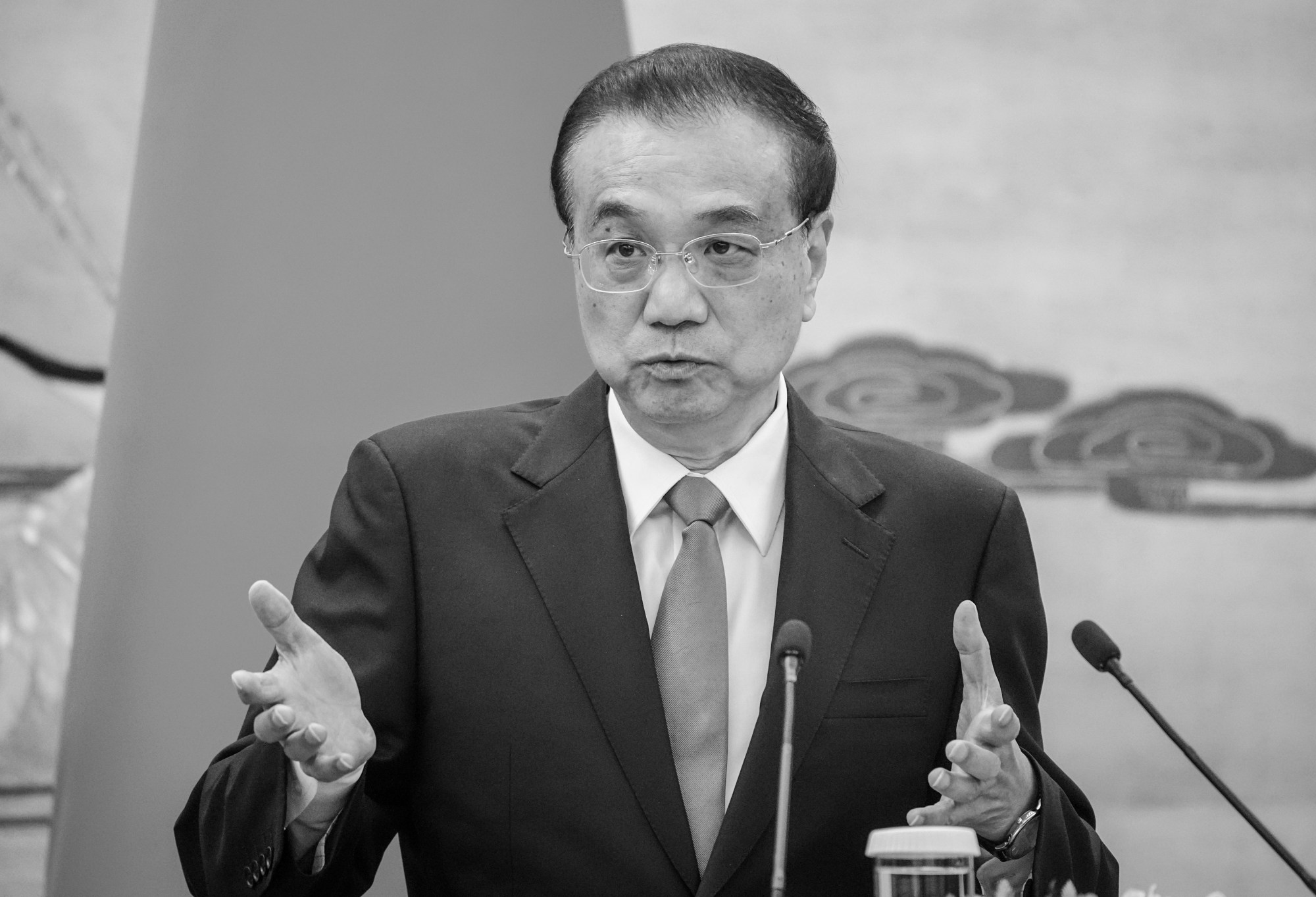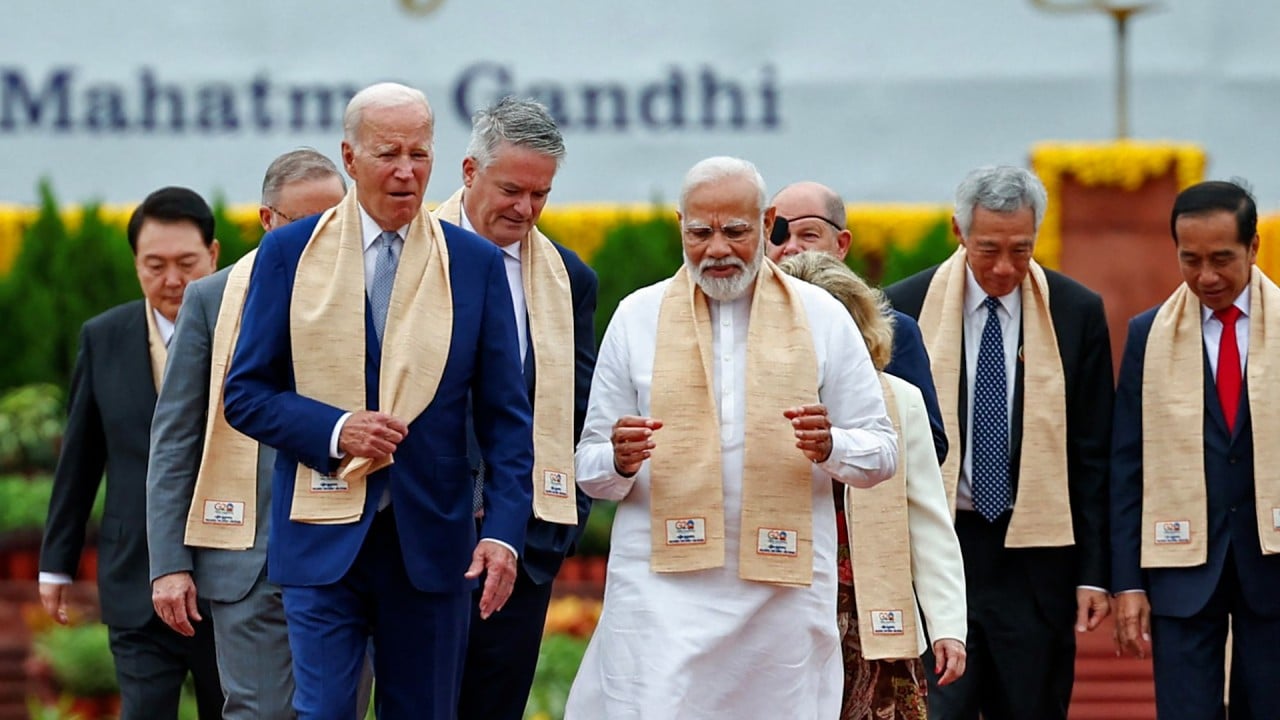The CFC was set up in March to oversee the country’s banking, insurance and securities assets and to establish the Central Financial Work Commission, which serves as its general office.
The who, what and how of China’s new financial watchdog
The who, what and how of China’s new financial watchdog
Xi has presided over meetings of top-level commissions to give instructions on policy points and goals. In May, for example, he chaired a meeting of the National Security Commission, a body he proposed in 2013.
Earlier this year, Xi chaired two meetings of the Central Financial and Economic Affairs Commission (CFEAC), which is tasked with a comprehensive portfolio covering all major economic policies.
The scholar said one of the reasons Li was made head of the financial commission might be that Xi was considering some overall adjustments in policymaking as Beijing sought to shore up the economy and improve relations with Washington.

In his decade as China’s second-ranked official, former premier Li Keqiang never headed any top party groups. In January 2020, he was made head of a party group on Covid-19 prevention, but that group was soon nudged aside as Xi took centre stage in Beijing’s response to the pandemic.
The scholar said Xi might also want Li Qiang to shoulder more responsibility while financial work was difficult to manage and noted that it was possible that Li’s role was announced internally before or during the central financial work conference in late October.
Nis Grünberg, lead analyst at Berlin-based think tank the Mercator Institute for China Studies (Merics), said it was “too early” to draw conclusions about Xi’s willingness to delegate power and the impact of Li’s new leadership. He added that the coming third plenum might offer more signals.
It also remains to be seen “how much independence or meaningful coordination” the finance commission will actually have, Grünberg said, noting that Xi was still at the helm of the CFEAC – the most powerful decision-making body on economic affairs and public finance.
Li’s appointment to head the new commission was not “by default”, he said, and one of the reasons behind it might be the premier’s power to speak to state regulatory bodies, which could help the new commission to coordinate better among ministries and financial institutions.
But Grünberg warned against overestimating how much Li’s leadership would do for China’s financial situation, noting that the country’s challenges aren’t something a single leader or commission could fix.
China’s banking system, especially the country’s small regional banks, have suffered amid a prolonged property slump and rising local government debts, despite Beijing’s declaration that “preventing and resolving financial risks” was one of its primary missions last year during the tone-setting annual central economic work conference in December of last year.
“The problems that China has require more structural and long-term solutions,” he said, but officials, “including Xi Jinping, apparently have not been able or willing to address them in a structural way”.
